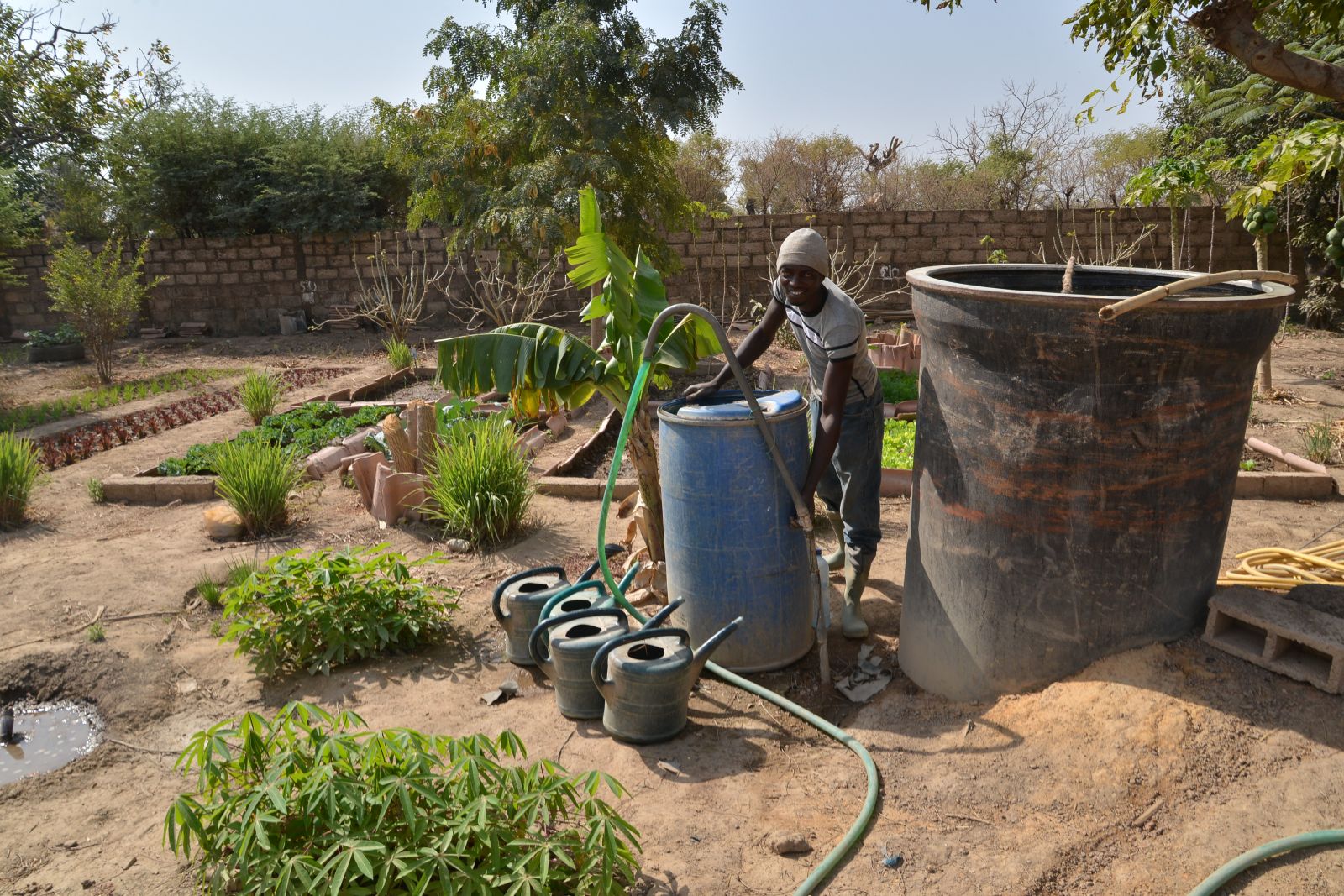Press Release - Annual Report 2016
-
Themes
-
Focus area
Philanthropy -
Region
Luxembourg -
Parent foundation
This year the Fondation de Luxembourg has again increased its activities and now shelters 64 foundations under its aegis. Together these foundations have given more than EUR 21 million of direct support to charitable projects since their creation. The diversity of the founders, their backgrounds and their motivations for engaging in philanthropy is reflected in the wide variety of the public interest projects supported both within the Grand Duchy of Luxembourg and elsewhere in the world.
Since it was set up in December 2008, the Fondation de Luxembourg has provided more than 21 million euros of direct funding via these 64 foundations to support projects that can be broken down into five main areas: Poverty and Social Cohesion, Universal Education, Health and Research, Culture and Diversity as well as Biodiversity and Climate Change. These foundations represent a cumulative commitment on behalf of the donors of EUR125 million to serve the common good. This year's results show a continued rise in philanthropic commitment among Luxembourgers and European residents to charitable causes from the Grand Duchy. Henri Grethen, Chairman of the Fondation de Luxembourg, is delighted by the public's willingness to give to causes that promote more just and harmonious societies. As he explains, ‘the tailored approach to charitable giving proposed by the Foundation has successfully convinced several dozens of founders to invest in philanthropic projects, thus confirming how important it is for the country to develop solid expertise in this area’.
Amongst more than one hundred projects that were funded in 2016, two major research projects stand out: research into Alzheimer's disease conducted by the Luxembourg Center for Systems Biomedicine and forecasts of solar energy production by the Luxembourg Institute for Science and Technology. Social cohesion also continues to be an area of major concern for philanthropists; a particularly innovative project relating to animal mediation within a prison environment was initiated at the Strasbourg detention centre and support was renewed for the food banks operated by Caritas and the Red Cross. In the area of culture and the arts, new artworks were acquired for institutions such as the Luxembourg National Museum of History and Art and the Louvre Museum, thus enriching national heritage in each case.
Tonika Hirdman, Director General of the Fondation de Luxembourg has observed a marked change in the approach of founders: ‘Modern philanthropists have understood the importance of addressing the cause rather than the effect. As a result of this, philanthropy is becoming a vector for innovative, profound and long-lasting change’. It is with a view to helping donors to fulfill their expectationsthat the Fondation de Luxembourg offers supervision and structures adapted to different charitable approaches. With this in mind, the Fondation de Luxembourg has redoubled its efforts to raise awareness and provide information about philanthropy by means of conferences and presentations aimed at various actors in the financial sector. It has also extended its collaboration with the Luxembourg School of Financeto provide in depth philanthropy training as part of their Master in Wealth Management course, aimed at students from all over the world. The challenge for the Fondation de Luxembourg is now to strengthen its international influence whilst remaining true to the values that make it a key player within the Luxembourg ecosystem and a real platform of expertise for those who wish to make a long-term philanthropic commitment.


.png)